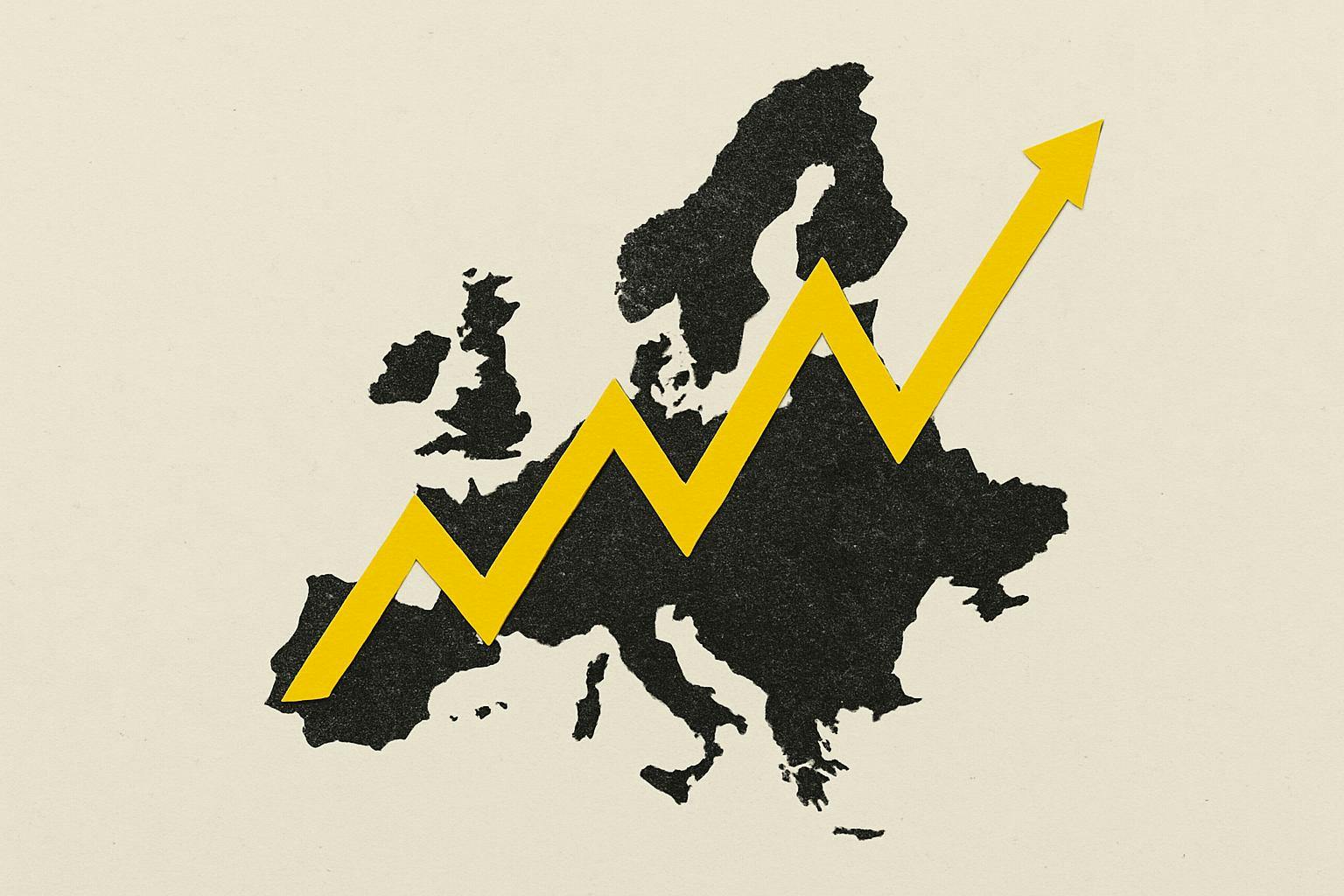What’s going on here?
European stocks rose modestly as new economic data showed mixed unemployment and inflation figures, with key indices such as the Stoxx Europe 600 and FTSE 100 posting gains.
What does this mean?
Despite France experiencing a slight uptick in unemployment, Europe’s major stock markets maintained their resilience. The Stoxx Europe 600 ticked up 0.28%, while Germany’s DAX and France’s CAC 40 increased by 0.12% and 0.24%, respectively. The UK’s FTSE 100 advanced 0.59%, supported by positive news like HSBC’s strategic merger. Inflation in Italy remained steady at 1.9% for April, alleviating concerns of an unexpected spike. Meanwhile, Novo Nordisk saw a dip of 1.8% following its leadership change. Adding to the market’s positive momentum, Bristol-Myers Squibb’s European Commission-approved cancer treatment offered a hopeful outlook for future healthcare innovations.
Why should I care?
For markets: Market resilience in a sea of data.
The consistent performance of major European indices amid diverse economic signals indicates a level of investor confidence, hinting that markets are acclimating to the current landscape. Investors ought to monitor for sustained stability or potential shifts as new data unfolds, especially in sectors like healthcare and banking, where developments like Bristol-Myers Squibb’s approval and HSBC’s strategic initiatives are influencing market trends.
The bigger picture: Navigating mixed economic currents.
Recent European data presents a multifaceted economic scenario that can shape global economic strategies. With France’s climbing unemployment and Italy’s steady inflation, policymakers and businesses might adjust strategies to manage these conditions. Such varied economic trends could also affect international trade agreements and monetary policies, prompting strategic considerations regarding global economic goals.
